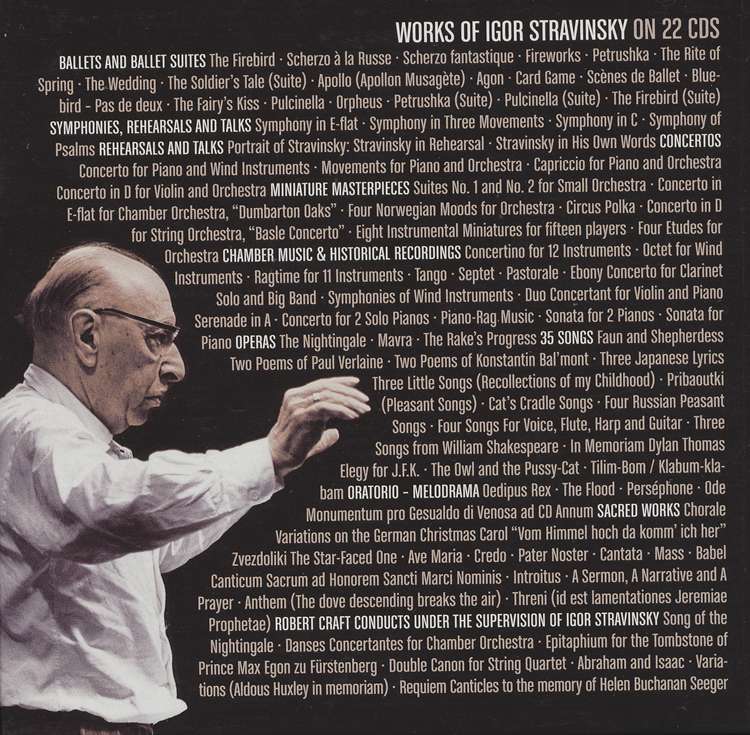2013 — 15 August: Thursday
Well, I may not have passed the UK's fatuous Citizenship Practice test1 but I'm hoping Brian the Plumber will be able to tweak the boiler and associated gubbins through its annual inspection and dusting. In a perilously few minutes from now, in fact. Better exhume a tea bag for him.
(Un)surprise, (Un)surprise
I've always taken it for granted that email (which was initially simple ASCII text, after all) was never designed to be private. Besides, copies remain on every server in the chain between you and the recipient; what do people expect? More... it seems:
People sending email to any of Google's 425 million Gmail users have no "reasonable expectation" that their communications are confidential, the internet giant has said in a court filing...
Google set out its case last month in an attempt to dismiss a class action lawsuit that accuses the tech giant of breaking wire tap laws when it scans emails sent from non-Google accounts
in order to target ads to Gmail users.
That suit, filed in May, claims Google "unlawfully opens up, reads, and acquires the content of people's private email messages". It quotes Eric Schmidt, Google's executive chairman: "Google
policy is to get right up to the creepy line and not cross it."
The only newsworthy bit of this is that it's not newsworthy, surely?
Now this is a wee bit more like it:
Come back, Claude Shannon.
Time...
... for another small burst of foraging, if I'm to eat this weekend.
Having made an unguarded...
... and, to my chagrin, less than 100% correct technical assertion to a chum earlier today, I've been doing a teensy bit of research. While not directly related to my particular morsel of ignorance, this tickled me:
...history has shown that our ability to predict address space requirements for future systems has been pretty poor. For example:
• The designers of the IBM 360 architecture in the early 1960s provided a 16 MB address space (24 bits)... By the 1970s, 16 MB had already become a real limitation, so the
architecture was changed to provide 31 bit (2 GB) address spaces, both virtual and physical
• The designers of the IBM PC architecture in the 1980s said they could not conceive of anyone requiring more than 1 MB of memory (a 20 bit address space) on a PC (despite
the relatively recent experience with the IBM 360/370 architecture!).
A couple of weeks after joining IBM in June 1981 came my first system crash.2 I all-unknowingly provoked my first-ever "OC4 abend" on one of said 31 bit machines. All I was doing was trying to format a one-page memo on a mainframe running the TSO "system" — for want of a better term. I was tersely informed that an OC4 abend meant I had run out of virtual memory. Fair enough.
"How much memory have I got?" I mildly inquired. "One megabyte" came the reply. Given the programming I was then doing on a 32KB desktop machine in one of my several evening freelance careers I fear I laughed. I simply couldn't believe an IBM mainframe system with 30x more memory could have been so badly-implemented. "What," I wondered, "have I let myself in for?"
Tonight's Prom...
... has kicked off with a piece — "Fireworks" — by Stravinsky that I have in only two performances, one conducted by the man himself. (On that wonderful £22 for 22-discs CD set I picked up a while back.) It occurs to me that I was very much distracted by far more important events in my life at that time, so I never did get the round tuit needed to reveal the full extent of this bargain. I shall remedy that right now:

Heated discussions
My central heating boiler is cleared to carry on doing its heatery thing for another year. And the 'plasma' gas fire now has its pilot light turned off once again for its next year of complete passivity. But Brian has yet to crack the enigma of the boiler's clock setting. He promised to practise on his own, similar, model to see if he can work it out. I've warned him that, if he succeeds, I shall expect him to reset the clock in my Toyota Yaris next :-)
It is the duty of the wealthy man To give employment to the artisan.
